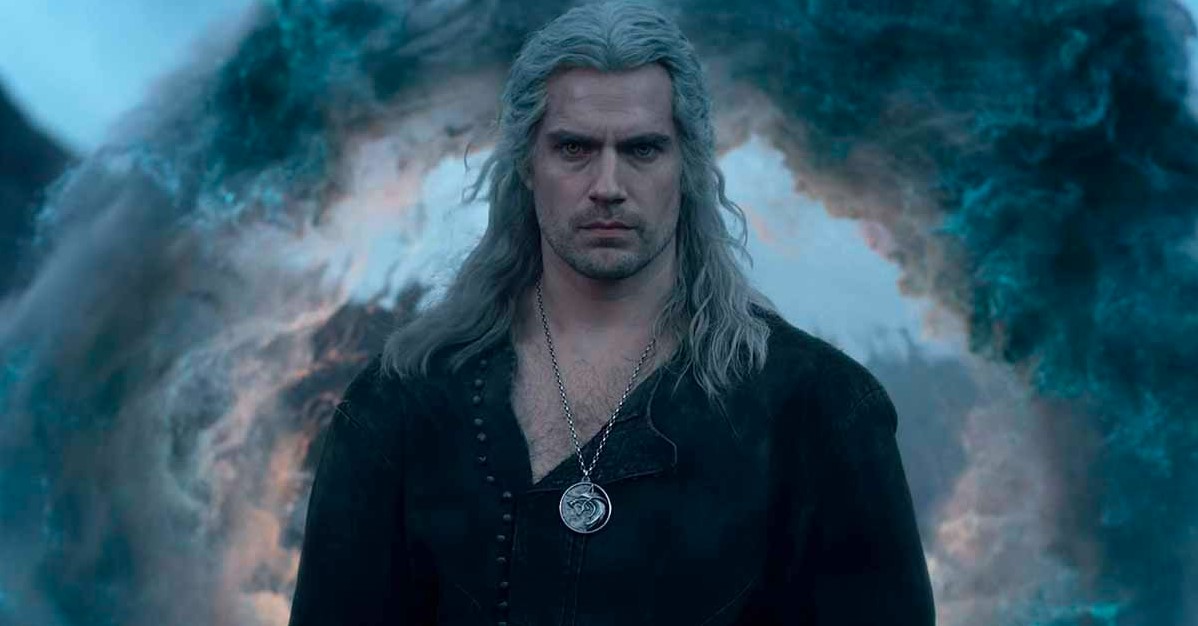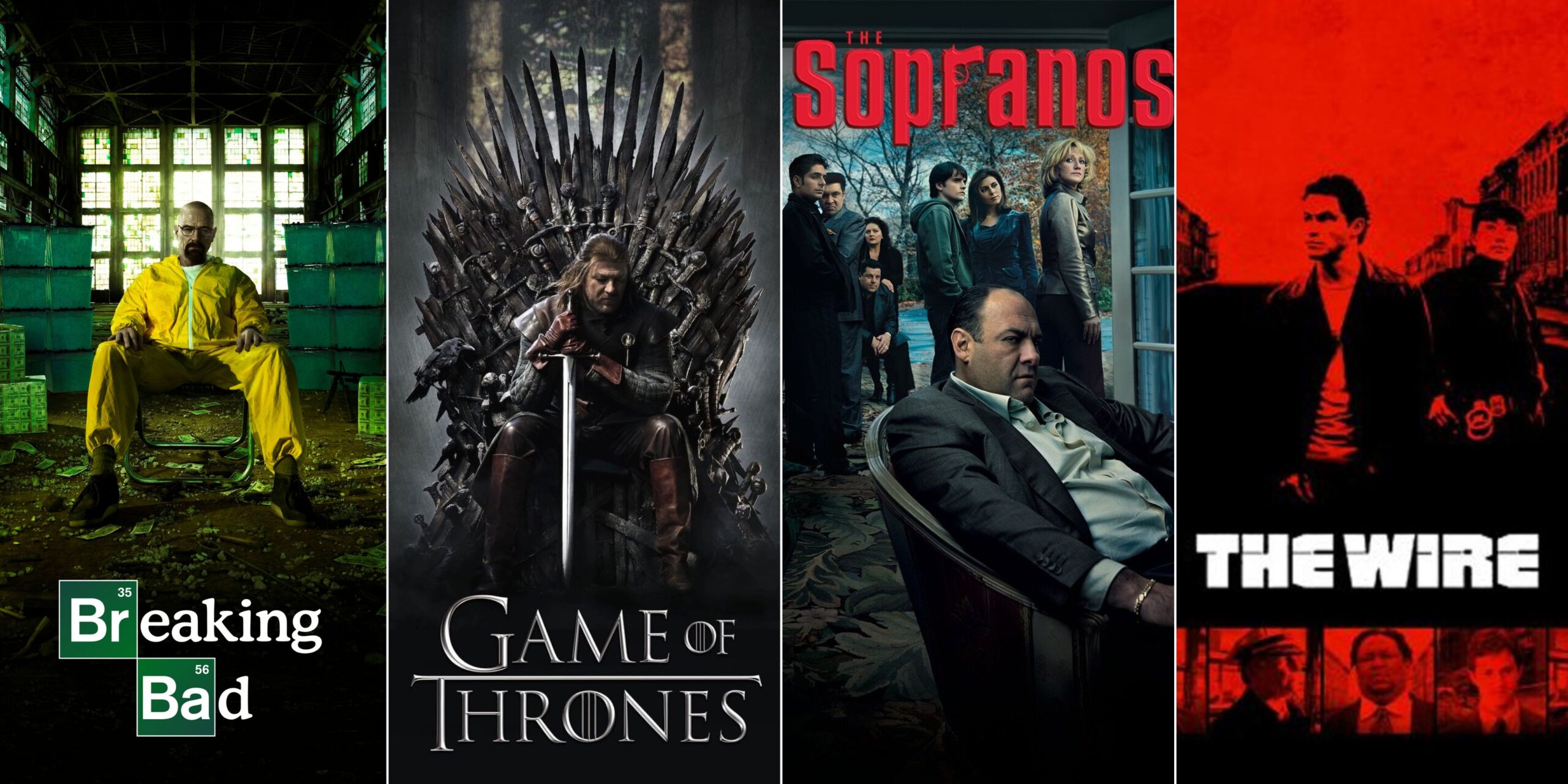Delving into the Deeper Message of ‘Once Upon a Time in Hollywood’
Step into the glitz and glamour of Hollywood’s golden era as Quentin Tarantino’s latest masterpiece, ‘Once Upon a Time in Hollywood,’ takes center stage. But what lies beneath the surface of this star-studded extravaganza? Unveiling a captivating blend of history, fiction, and nostalgia, Tarantino leaves no stone unturned in his exploration of the dark underbelly of Tinseltown.
In this thought-provoking film, he masterfully intertwines real-life events with fictional characters, providing a fresh perspective on the tragic fate of Hollywood’s bygone era. Join us as we peel back the layers of this cinematic gem and uncover the deeper messages hidden within each frame.
From the hypnotic performances of Leonardo DiCaprio and Brad Pitt to the meticulously recreated sets, ‘Once Upon a Time in Hollywood’ is more than just a tribute to the past; it’s a beautifully woven tapestry of love, loss, and the struggle for relevance in an ever-changing industry. So buckle up and prepare to embark on a journey that will leave you questioning the very nature of fame, success, and the stories we tell ourselves.
[powerkit_button size=”lg” style=”primary” block=”false” url=”https://amzn.to/3DzSZPv” target=”_blank” nofollow=”false”]
WATCH ON PRIME VIDEO
[/powerkit_button]
Plot Overview and Main Characters
In ‘Once Upon a Time in Hollywood,’ Tarantino takes us on a wild ride through 1969 Los Angeles, a time of shifting cultural tides and impending doom. The film follows the intertwined stories of Rick Dalton (played by Leonardo DiCaprio), a fading television star, and his loyal stunt double Cliff Booth (played by Brad Pitt).
As we delve into their lives, we witness their struggles to navigate an industry that no longer recognizes their worth. Tarantino expertly captures the essence of these characters, painting a vivid picture of their fears, insecurities, and desperate attempts to remain relevant.

The Historical Context of 1960s Hollywood
To fully appreciate the depth of ‘Once Upon a Time in Hollywood,’ it is crucial to understand the historical context in which it is set. The film takes place during a time of great upheaval in Hollywood and the world at large.
The 1960s marked a period of cultural revolution, with the rise of counterculture, the civil rights movement, and the Vietnam War. Tarantino skillfully weaves these historical events into the fabric of the story, giving us a glimpse into the tumultuous era that shaped the characters’ lives.
Exploring the Themes in the Movie
Beyond its captivating plot and stellar performances, ‘Once Upon a Time in Hollywood’ delves into several profound themes. One such theme is the fleeting nature of fame and success. Through Rick Dalton’s character, Tarantino explores the fear of becoming irrelevant and the lengths to which one might go to cling onto their former glory. This theme resonates not only with actors but also with anyone who has experienced the fear of being left behind in a rapidly changing world.
Another theme that permeates the film is the power of storytelling. Tarantino masterfully blurs the lines between reality and fiction, challenging our perceptions of what is true and what is merely a work of imagination. By intertwining real-life events with fictional characters, he invites us to question the stories we tell ourselves and the narratives that shape our understanding of the world.
The Portrayal of Hollywood’s Golden Age
One of the most striking aspects of ‘Once Upon a Time in Hollywood’ is its meticulous portrayal of Hollywood’s Golden Age. Tarantino’s attention to detail is evident in the stunningly recreated sets, costumes, and props that transport us back in time. Every frame is infused with a sense of nostalgia, capturing the essence of a bygone era. Through his visual storytelling, Tarantino celebrates the magic of old Hollywood while also acknowledging its darker side.
The Role of Nostalgia in the Film
Nostalgia plays a significant role in ‘Once Upon a Time in Hollywood.’ Tarantino uses it as a tool to evoke emotions and transport the audience to a different time and place. By immersing us in the sights and sounds of 1960s Los Angeles, he taps into our collective longing for a simpler, more glamorous past. However, Tarantino also subverts the idea of nostalgia, reminding us that the past was not always as idyllic as we may remember it. Through his characters’ struggles and the underlying tension of the era, he challenges our idealized perception of the past.
Analyzing the Character of Rick Dalton and His Journey
At the heart of ‘Once Upon a Time in Hollywood’ is the character of Rick Dalton, brilliantly portrayed by Leonardo DiCaprio. Rick is a fading star desperately trying to find his footing in a changing industry. Through his character arc, Tarantino explores themes of self-doubt, reinvention, and the fear of being forgotten. As we witness Rick’s highs and lows, we are reminded of the fragility of success and the constant battle to stay relevant in an ever-evolving world.
The Significance of Sharon Tate’s Character
Sharon Tate, played by Margot Robbie, is another pivotal character in ‘Once Upon a Time in Hollywood.’ As a real-life figure tragically linked to the dark side of Hollywood, Tate represents innocence and lost potential. Tarantino’s portrayal of her character is a testament to the complexities of fame and the devastating consequences it can have. By including Sharon Tate in the narrative, Tarantino pays homage to her memory while also highlighting the tragic nature of Hollywood’s past.
Quentin Tarantino’s Directorial Style and Storytelling Techniques
Quentin Tarantino’s distinctive directorial style is evident throughout ‘Once Upon a Time in Hollywood.’ Known for his nonlinear storytelling and unconventional narrative structures, Tarantino keeps the audience on the edge of their seats, never quite knowing what to expect. His use of dialogue, music, and visual cues adds depth and richness to the story, creating a truly immersive cinematic experience. Through his unique storytelling techniques, Tarantino challenges traditional filmmaking conventions and invites us to see the world through a different lens.
The Critical Reception and Impact of the Film
‘Once Upon a Time in Hollywood’ received widespread critical acclaim upon its release. Critics praised Tarantino’s masterful direction, the stellar performances of the cast, and the film’s meticulous attention to detail. It was hailed as a love letter to Hollywood’s golden age, a nostalgic trip down memory lane, and a thought-provoking exploration of fame and storytelling. The film went on to win numerous awards and solidify Tarantino’s status as one of the most influential filmmakers of our time.
Conclusion
In conclusion, ‘Once Upon a Time in Hollywood’ is far more than just another Hollywood blockbuster. It is a cinematic masterpiece that invites us to question the nature of fame, success, and the stories we tell ourselves. Through its compelling characters, meticulous attention to detail, and thought-provoking themes, the film takes us on a journey through the dark underbelly of Tinseltown while also celebrating its magic.
Quentin Tarantino’s directorial prowess and storytelling techniques make ‘Once Upon a Time in Hollywood’ a must-watch for film enthusiasts and casual viewers alike. So, sit back, relax, and let the magic of this mesmerizing film transport you to a time when dreams were made and shattered under the bright lights of Hollywood.


